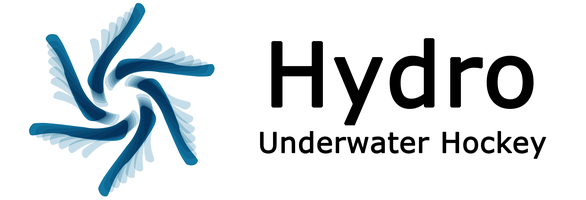Sustainability
At Hydro UWH we are committed to sustainable and regenerative practices.
Sustainability = Good for people, planet and pockets
Our latest innovation is creating a starter pixie stick made with recycled plastics. This closes a loop on waste from our workshop, and it offers you an economical gateway into UWH.
People:
These sticks emit fewer nasty fumes during manufacturing, creating a safer working environment.
Planet:
These sticks made with recycled post-consumer plastic such as milk bottles, yoghurt and ice cream containers
They are recyclable when you are ready to update your kit – please send them back to us for a discount on your next set of recycled sticks
Materials shortages are a thing of the past. There is an overwhelming plastics problem in NZ, so on the positive side, we will always be able to have you kitted out with UWH sticks.
Pockets:
The raw materials come from our community, therefore costs to produce are limited and we can happily share these savings with you.
Hydro's other sustainable practices:
- Carbon neutral shipping with DHL Express for international orders - 5,632.02 kg CO2e offset in 2021
- Closed loop waste reduction
- Locally sourced materials and contractors wherever possible
Did you know:
When recycled sticks are purchased from hydrouwh.com you have saved up to 6 x 2L milk bottles from potentially ending up in the landfill or the great pacific garbage patch.
https://education.nationalgeographic.org/resource/great-pacific-garbage-patch
How it’s done:
Plastic such as milk bottles, yoghurt and icecream containers and other type 2 and 5 plastics are collected, cleaned, sorted and shredded into useable forms.
The shredded plastic is then heated and extruded into NZ made moulds
Each stick is unique and may have colour variations, due to the nature of plastics sourced.
We’d love to hear from you. Please share your thoughts and ideas.
